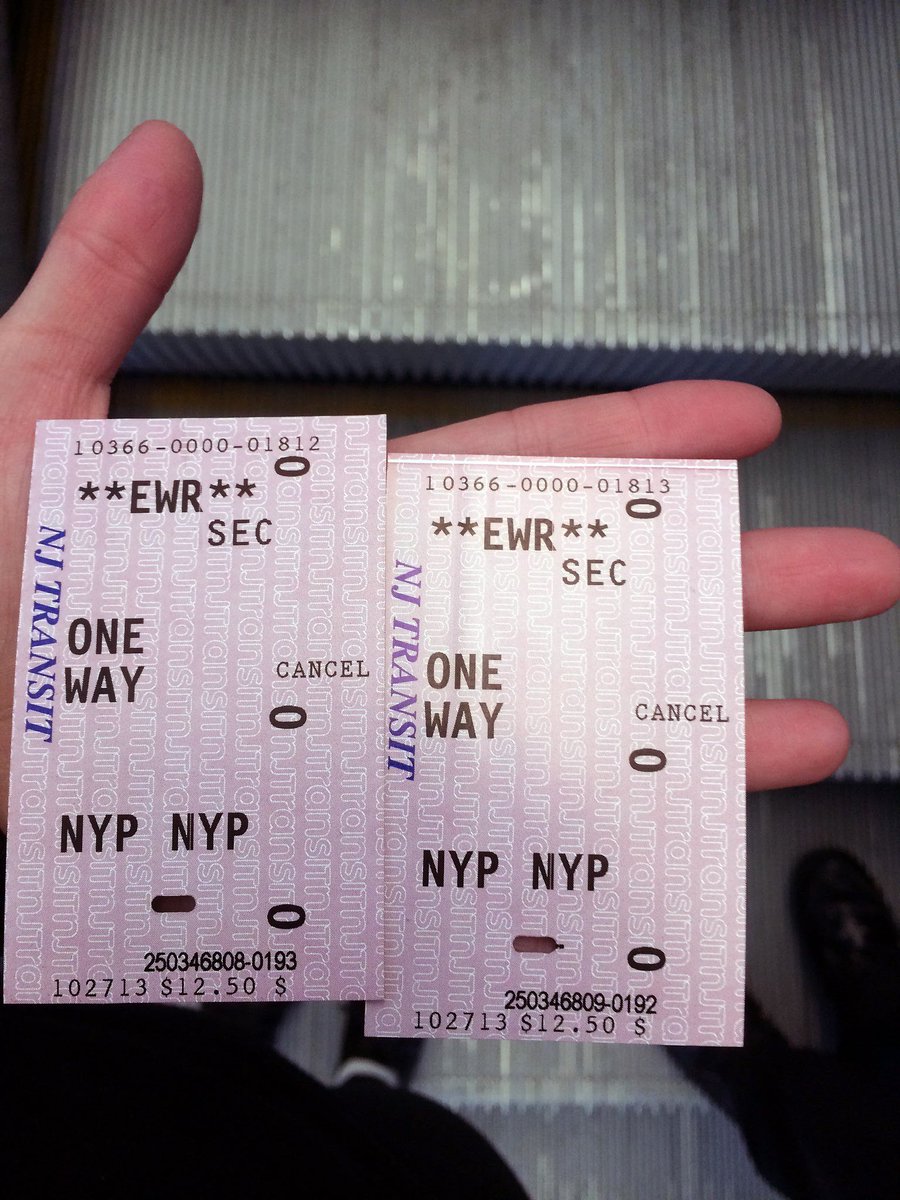
In August, a Federal Railroad Administration's report said NJ Transit has only installed one-third of its positive train control system. It then extended a 2015 deadline to the end of 2018. In 2008, Congress mandated rail companies fully implement PTC to save lives. Positive train control, or PTC, uses GPS and other technology as an emergency braking system designed to prevent train-to-train collisions and derailments due to excessive speed and trains passing through switches left in the wrong position. NJ Transit needs to install positive train control on all of its rail systems before the year-end deadline. Train fares will be cut by 10 percent in November, December and January. These schedule adjustments are temporary, expected to last into mid-January 2019. Other trains throughout the system have schedule and/or station stop adjustments. The cost of the NJ Transit ticket will depend upon your boarding or destination station.The schedule changes, affecting more than two dozen trains, began Sunday and impact customers along the Northeast Corridor, North Jersey Coast Line, Morris & Essex Lines, Montclair-Boonton, and Main and Bergen County Lines. Remember | Purchase two sets of tickets to speed your return journey and save money.

The joint tickets come in two parts - one for the NJ Transit portion of the trip and the other for the SEPTA trip. Customers may now also purchase joint tickets at the SEPTA 30th Street Station Ticket Office. Ticket prices will vary based on your origin and destination stations.įor occasional trips, joint tickets can be purchased at over 80 NJ Transit Stations, the NJ Transit Ticket Machines at Amtrak 30th Street Station, and from SEPTA Ticket Offices at Market East and Suburban Station.

Daily commuters or occasional riders who transfer between SEPTA and New Jersey Transit at the Trenton Transit Center can purchase one-way tickets, round trip tickets, or monthly interagency passes.


 0 kommentar(er)
0 kommentar(er)
